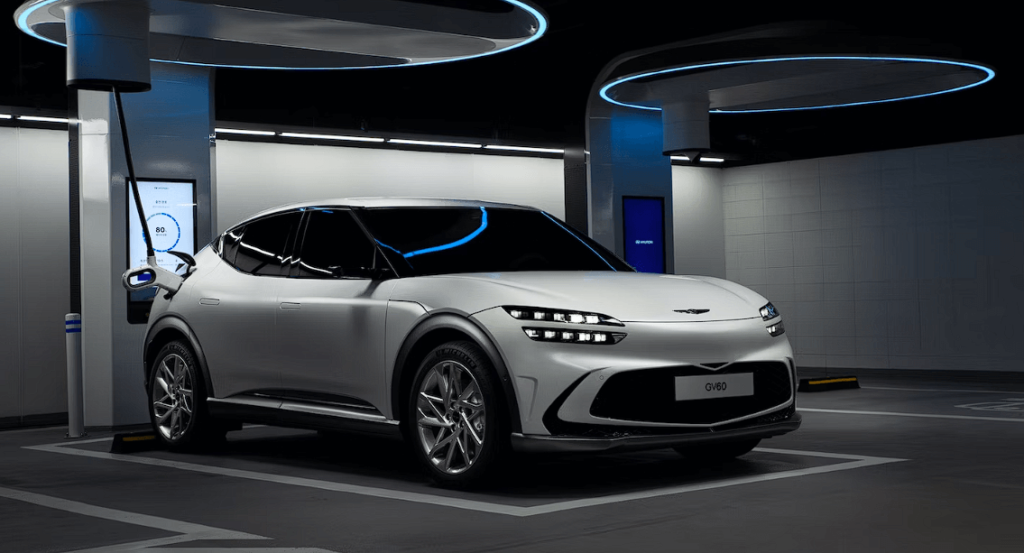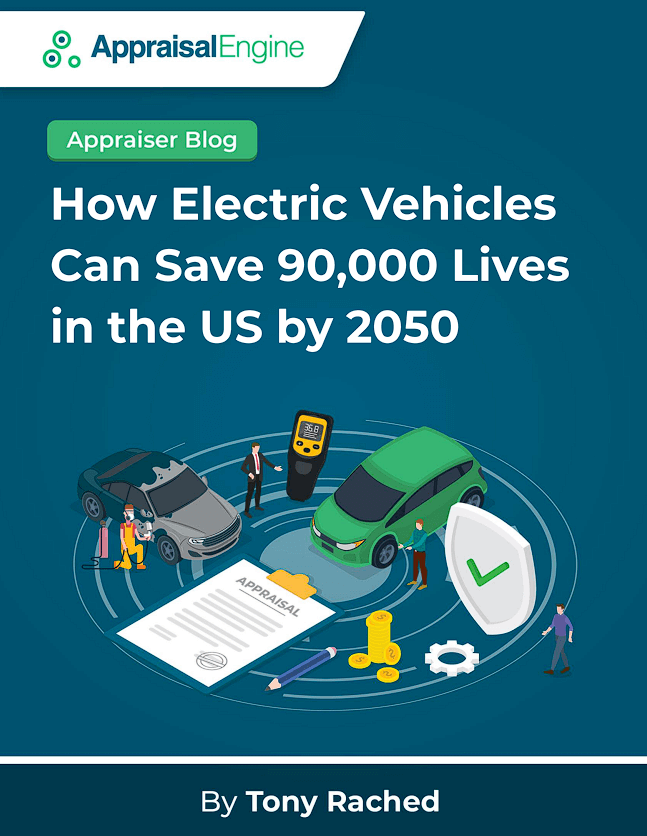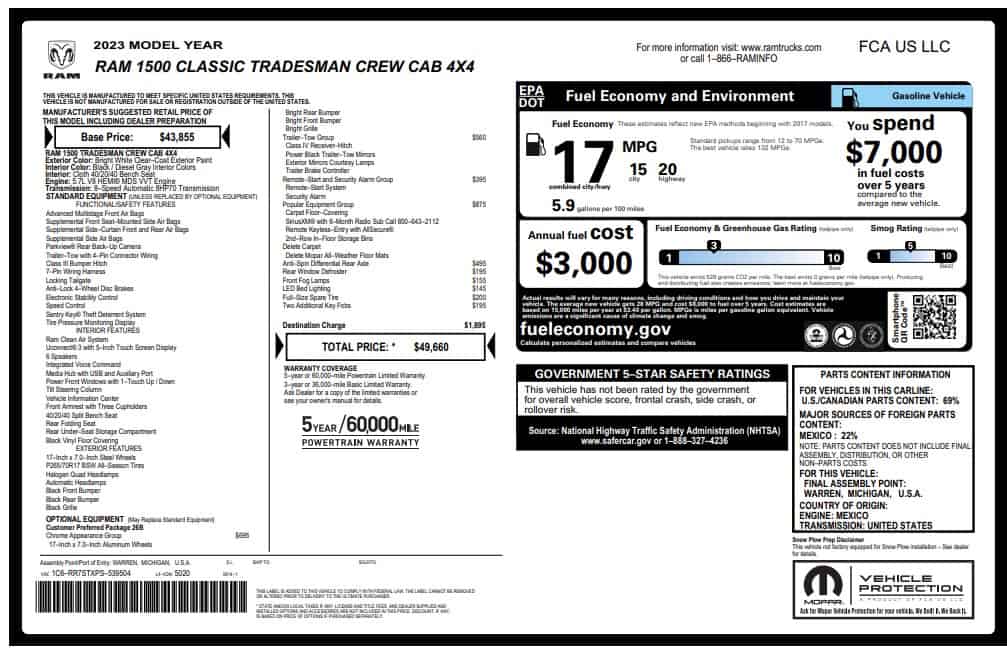How Electric Vehicles Can Save 90,000 Lives in the US by 2050 (PDF)

Imagine a future where gas-guzzling vehicles are a thing of the past, replaced by sleek and efficient zero-emissions cars, trucks, and SUVs. According to a recent report from the American Lung Association, this transition to electric vehicles (EVs) could have a profound impact on public health in the United States. By 2050, we could potentially save nearly 90,000 lives, prevent millions of asthma attacks, and enjoy significant economic benefits. In this blog post, we’ll explore the findings of this report and delve into the transformative potential of zero-emission transportation.
The Health Benefits of Zero-Emission Vehicles
Transportation has long been identified as a major contributor to air pollution and carbon emissions, exacerbating health issues and fueling the climate crisis. The report highlights that EVs, paired with a cleaner power supply derived from renewable sources such as wind, solar, hydro, geothermal, and nuclear, can yield substantial health benefits. By eliminating gas-powered vehicles from our roads by 2035, we could witness a dramatic reduction of 89,300 premature deaths by 2050. Additionally, there would be a substantial decrease of 2.2 million asthma attacks and 10.7 million lost workdays. These improvements in public health would yield an astounding $978 billion in economic benefits.
Communities at Risk
It is crucial to recognize that the burden of air pollution falls disproportionately on low-income communities and communities of color. These vulnerable populations often reside near major sources of pollution, such as highways and power plants. By transitioning to zero-emission technologies, we have an opportunity not only to improve public health but also to address environmental justice concerns. Targeted policies, investments, and incentive programs can ensure that these communities have equal access to health benefits and cleaner transportation options.
The Road Ahead
While the benefits of zero-emission vehicles are undeniable, widespread adoption is still a challenge. Currently, only a small fraction (4.6%) of cars sold in the US are electric. However, both the auto industry and the federal government are taking significant strides to accelerate this transition. The Biden administration has been actively implementing stricter vehicle emissions standards and proposed even more ambitious regulations. If these measures are finalized, it is projected that at least two-thirds of new vehicles by 2032 will be zero-emission.
Government Support and Initiatives
Congress has also played a role in promoting cleaner transportation. The Inflation Reduction Act of 2022 extends tax credits of up to $7,500 for purchasing new electric vehicles until August 2032, and for the first time, this credit can be applied to used electric vehicles as well. Additionally, the Infrastructure Investment and Jobs Act allocates funds to enhance the national power grid and develop a comprehensive charging network, ensuring that EV owners have the necessary infrastructure for convenient travel.
State-level efforts should not go unnoticed, with several states already adopting policies to make all new passenger vehicles zero-emission by 2035. More states are considering similar measures, reinforcing the momentum toward a greener transportation landscape. Moreover, automakers are increasingly investing in the development of cleaner vehicles, offering a wider range of options with improved battery capacity and range.
A Collaborative Journey Towards a Sustainable Tomorrow
The shift to zero-emission vehicles represents a monumental opportunity for the United States to combat air pollution, reduce carbon emissions, and improve public health. Through a combination of EV adoption and a clean power supply, we can pave the way for a healthier future. However, this transformation requires a collective effort, with continued government support, robust infrastructure development, and equitable policies to ensure that all communities reap the benefits. By embracing this transition, we can create a world that is not only cleaner but also safer and more sustainable for generations to come.





